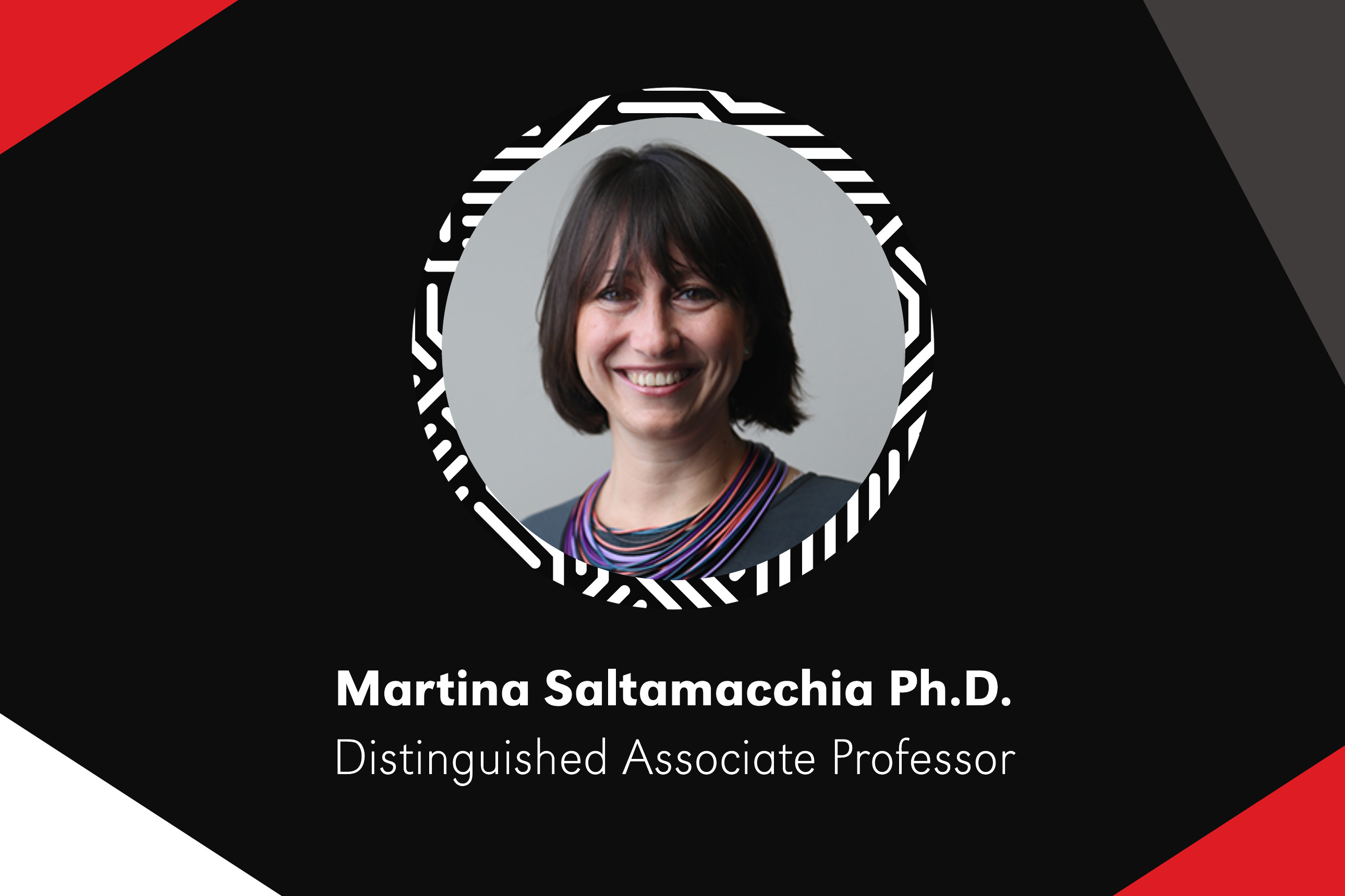Reimagine AI in the Humanities: A New Model for Research and Writing
- published: 2025/04/18
- contact: UNO Division of Innovative and Learning-Centric Initiatives (ILCI)
- email: innovate@unomaha.edu

Completely surrender to AI or never look in its direction.
Higher education faculty and staff often feel the burden of this seemingly binary choice when it comes to AI implementation. Martina Saltamacchia, Ph.D., however, saw another way.
In her senior history research seminar (HIST 4990), Dr. Saltamacchia wanted to help students refine their research and writing skills while also fostering their ability to think critically about AI-generated content.
“The idea came from two competing realities, an epidemic of AI use among students in writing-based Humanities courses, and the bafflement of faculty on how to tackle this challenge,” Dr. Saltamacchia said.
She designed a custom GPT to address these challenges by focusing on two main goals:
- Help develop and refine research questions. Students used ChatGPT to brainstorm research questions based on the topics they intended to explore for their final papers. They critically evaluated AI’s suggestions, identifying vague or overly broad questions and refining them into clearer, more researchable inquiries.
- Review outlines and help structure peer feedback. Students brought their first draft outlines to class for a structured peer review. Each student gave a pitch presentation of their outline, followed by rounds of clarifying questions from classmates, strengths and positive aspects identified by peers, and AI suggestions for improvement.
Dr. Saltamacchia has seen transformative results from using her custom GPT— from saving time and refining assignment guidelines to a greater shift in her views on AI: recognizing its potential as a learning tool rather than as a threat.
“My students have become more engaged in discussions about historical methodology, authorship, and the ethics of AI in scholarship,” she shared. “Many of them now feel more confident in their ability to use AI strategically while recognizing its limitations. More significantly, they have developed a deeper awareness of intellectual processes, understanding not just what they are doing in research and writing, but why these steps matter.”
UNO’s AI Learning Lab is proud to help others like Dr. Saltamacchia design and implement their ideas, offering constant support, access to best practices for AI pedagogy, and more. See what’s new from the AI Learning Lab or discover how you can participate in the next round of the OpenAI Challenge.
About the University of Nebraska at Omaha
Located in one of America’s best cities to live, work and learn, the University of Nebraska at Omaha (UNO) is Nebraska’s premier metropolitan university. With more than 15,000 students enrolled in 200-plus programs of study, UNO is recognized nationally for its online education, graduate education, military friendliness and community engagement efforts. Founded in 1908, UNO has served learners of all backgrounds for more than 100 years and is dedicated to another century of excellence both in the classroom and in the community.